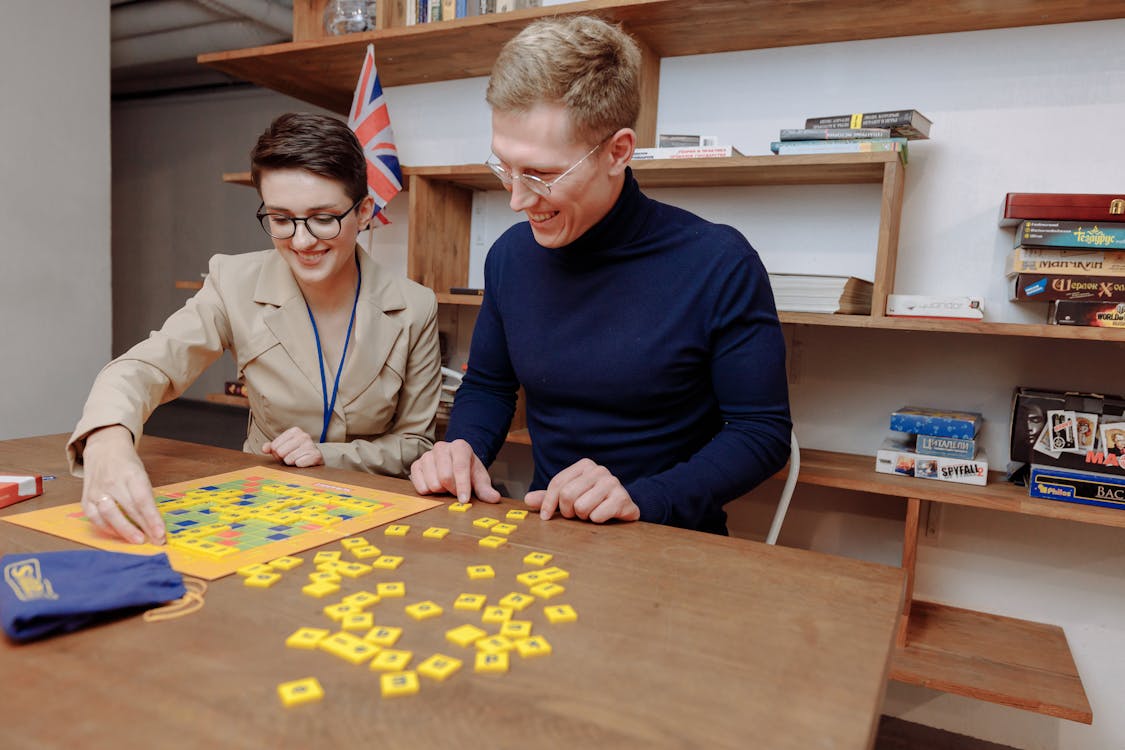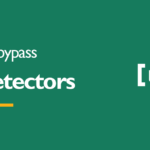We all know the challenges of learning a new language. First, you start with enthusiasm as you learn new words. Then, that enthusiasm slowly fades into frustration as you struggle with the various grammar rules.
Eh…I feel your pain. I’ve had my share of frustration with new languages since I was a kid.
Let me give you a quick back story. I come from a country of over 200 languages…yes, 200! And I can only speak two of them fluently — English and my mother tongue.
So, I can easily tell you how frustrating it is to sit with friends and not understand what they are saying.
Today, I am a confident multilingual and borderline polyglot. I can switch between languages mid convo.
But my journey with learning new languages started with French and is currently at the German checkpoint.
So, I will share tips to improve language learning efficiency, which I picked while learning different languages. These techniques worked for my friends and me, and I believe they will work for you too.
Let’s dive right in!
1 – Create a word bank
The first day of learning a language is always exciting. It is that same feeling of finding out something new — that eureka moment craved by every human. You will use any slightest chance to impress your friends with new words and phrases you learned in class. All you want is a chance to blurt out Gesundheit and get asked what it means.
Start from the ABCs or the alphabet equivalent of the target language. Some courses omit them, but I would advise you to go through them and master the pronunciations on your own time. Once you have mastered the alphabet, you can now graduate to learning words.
Now is the time to get a book and start writing down those words and their meaning in your native language. Write down every sentence you come across and repeat them after every session.
2 – Try to pronounce words correctly
You will ride the eureka wave for a few days. Your mind will tell you that you are an absolute genius and a polyglot. But hold your horses; the joy will soon give way to the stark reality of learning a new language. You will soon find yourself making statements like:
“Why is it pronounced this way and not that way?”
“This sentence structure makes absolutely no sense.”
At this stage, don’t let your frustration get the best of you. Try your best to pronounce the words as they are. Language newbies often fall into the trap of pronouncing words using their native language rules.
Obviously, you can’t magically start ‘rolling your Rs’ in Spanish overnight. But constant practice and repetition will help you get better.
3 – Practice daily
Yes, I am talking about practice — the only way to improve your productivity and decrease learning time.
When I was learning Russian, I had a tough time pronouncing хорошо (khorosho which means good). My excuse was that the English language had no ‘kh‘ sound.
But did I dwell on that excuse? Absolutely not!
I practiced every day until I mastered the pronunciation of that particular sound. I could have chosen the easy route and created a shaky foundation for the rest of the course.
If you are studying a language from a print source, try to incorporate audio to give the pronunciation some context. You can download apps like Duolingo for practice.
4 – Find a native speaker
Depending on your city, you might struggle to find a native speaker of your target language. But if you are lucky to find one, practice with them. Ask them to correct you when you commit blunders. But you have to accept the criticism without feeling attacked personally.
That is the only way you can improve your language skills.
5 – Join speaking clubs
After a few classes, you should pick up a few words and simple phrases. Try to string up sentences on your own. Use all the grammar rules you’ve learned so far for this exercise.
Always bear in mind that your writing skills develop faster than your speaking and conversational skills. So, even if you can write a perfect composition in Deutsch, you can struggle when narrating the same passage.
Once you can make complete sentences in your target language, find a speaking club.
Yes, I know how awkward it can be to choke on your words in public. But that’s the only way you can hone your language skills and test your knowledge in real life.
If you can’t find a speaking club, join a sports community or a chat room.
6 – Travel to the country
If your schedule permits it, book a flight and travel to the country. Even if you get to spend only ten days in the country, you will pick up more than your peers using Duolingo.
Go out to bars, attend social events, and try to speak to the locals. There is always a high probability of meeting a local willing to engage you in conversation.
7 – Make language salads
When I was learning German, I would come up to my friends and ask, “Was is the Zeit?”. It drove them mad, but what could they do?
During the early days of learning Spanish, I would scream, “That is quite impresionante!” at any opportunity.
Notice how these sentences contain elements of English, German, and Spanish?
Although the sentence is grammatically incorrect, it will help you remember words and their meanings in your native tongue.
And if you are speaking with a native, they might understand what you are trying to say.
8 – Add some music to the repertoire
Despacito.
Songs with a catchy melody are easy to master. Before you know it, you will be singing along to a language you haven’t even started learning.
But the thing is, you can actually learn a language from songs. Obviously, this method is for those who have attained a decent conversational pedigree in the target language.
You can listen to the songs and notice the intonations and the way slangs are used.
However, some pop stars stress some parts of a word for emphasis on their songs. Any unsuspecting débutant will struggle to differentiate the real pronunciation from the artistic expression.
Be that as it may, create a playlist with pop songs and cult classics in the language you are learning.
9 – Watch movies in the target language
First of all, you need to find a movie you have watched multiple times. Knowing the theme and the dialogs will help you focus on the language rather than the movie’s subject.
There are two scenarios to consider when learning a language with movies:
- Audio in native language and subtitles in the target language
- Audio in target language and subtitles in your native language
In scenario 1, you are more focused on discovering the intricacies of sentence construction. In the second scenario, the pronunciation is all that matters.
Movies are great for perfecting your language skills because they use regular conversational practices. They also include slang and common phrases used by native speakers. You can also pick up some cultural references, like red pilling.
Understanding mannerisms and visual contexts is a major advantage of learning a language using movies. It also helps you sharpen your communication skills to sound like a native.
10 – Read popular books
Now, don’t get ahead of yourself. Beginners should avoid books at first. Only focus on books when you have mastered the language to an advanced level.
During my first few months learning Ukrainian (after Russian), I rushed to the knyharnya (bookstore) to buy The Three Musketeers. And oh, was I surprised!
I thought, “This should be a breeze since Ukrainian is quite similar to Russian.”
To my surprise, I could barely make it past the first page. I had skipped the fundamentals and jumped straight to the final challenge — literary language.
Today, I still keep the book as a reminder of the fruitlessness of overexuberance when learning any language.
Learning a language is a methodical process. You need to diversify your source of knowledge. Don’t limit the learning to books and apps. Practice often with friends and other language learners. Use media content to improve your speaking and pronunciation. And if you get the opportunity, travel to the home country.
Who wrote this?
As the owner and editor of SomebodySays, Ugo Ezenduka shows readers the fundamentals of content writing and blogging to help them adapt to the ever-changing landscape.
He has collaborated with several IT and publishing companies to create articles and blog posts that customers crave. When he is not in front of a screen, Ugo can be spotted somewhere with a camera or on a football pitch.






